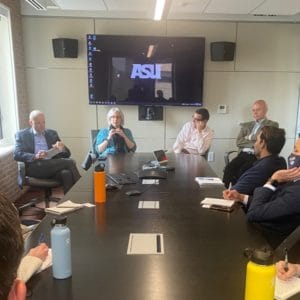
NGO panel in D.C. discusses value and veracity of agricultural data
A panel of non-governmental organization (NGO) leaders spoke to ASU’s sustainable food systems graduate students during a May 2022 food-policy immersion experience in Washington, DC. Included among this panel were Ferd Hoefner, Michael Fernandez, Ann Mills, and Doug O’Brien.
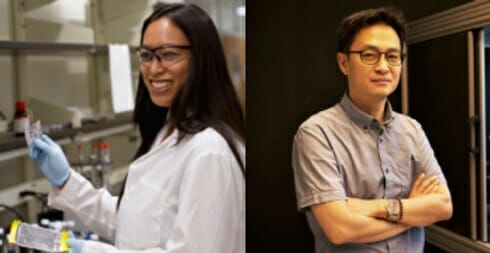
2 ASU professors appointed as first-ever Navrotsky Professors of Materials Research
Candace Chan, an associate professor in the School for Engineering of Matter, Transport and Energy, and Dan (Sang-Heon) Shim, a professor in the School of Earth and Space Exploration, were selected for the professorship based on their significant contributions in the field of materials research.
Meet Master of Sustainability Solutions student Emma Goethe
Student Focus Post by Emma Goethe — Global Locust Initiatve Emma is a Master of Sustainability Solutions (MSUS) student in the School of Sustainability and College of Global Futures. She
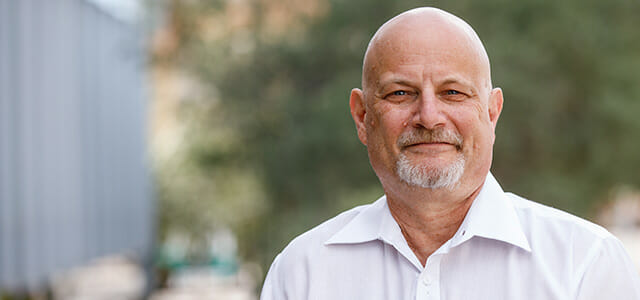
Designer neurons offer new hope for treatment of Parkinson’s disease
Neurodegenerative diseases damage and destroy neurons, ravaging both mental and physical health. Parkinson’s disease, which affects over 10 million people worldwide, is no exception. The most obvious symptoms of Parkinson’s
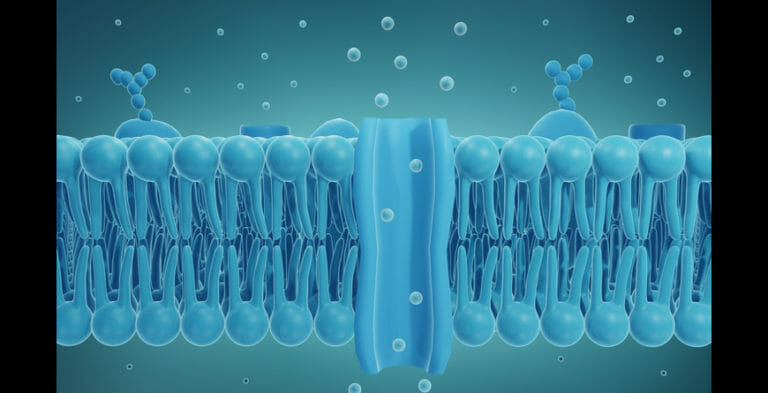
Artificial cell membrane channels composed of DNA can be opened and locked with a key
Technique opens new possibilities for smart drug delivery and other applications Just as countries import a vast array of consumer goods across national borders, so living cells are engaged in

Center for Biodiversity Outcomes co-hosts documentary with local high school students
On Friday, April 29th, ASU's Center for Biodiversity Outcomes partnered with Seton Catholic's Oceanic and Marine Sciences Club, Xavier's Students for Social Action Club, and Tempe Prep to screen the short documentary Smog of the Sea. Marcus Ericsson and Jack Johnson's Smog of the Sea focuses on the harmful effects of plastic pollution in the ocean.
Carbon Collect MechanicalTree™- Designing Direct Air Capture Solutions
Our dependence on the unabated burning of fossil fuels drives the relentless rise in carbon dioxide (CO2) emissions, worsening the climate crisis. Historic wildfires and heat waves are becoming a regular summer occurrence in the Northwestern US, while unprecedented freezes are shutting down parts of Texas for several weeks.

PhD student published in computer science journal
Kirtus Leyba, a computer science PhD student working in the Biodesign Center for Biocomputing, Security and Society recently had his work published in the journal Networking and Internet Architecture.

KAITEKI PhD recipient receives Outstanding Graduate Student Award
Congratulations to Dr. Fatima Hafsa, the first KAITEKI PhD recipient, who just received the Outstanding Graduate Student Award from the School of Sustainability.
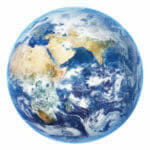
The Importance of Climate Consciousness: An Interview With Amanda Ellis, former UN ambassador for New Zealand
Leadership coach Hylke Faber sits down with Amanda Ellis to discuss the importance of climate consciousness is today's business landscape, and what young leaders can do to contribute towards climate

Five actions to advance green purchasing in South Korean municipalities
Government purchasing in South Korea accounts for 25.7% of country-level gross domestic product. Examples of purchases include vehicle fleets, construction materials, chemicals, electronics, and office materials. These purchases collectively contribute to global climate change and a host of other environmental concerns when manufactured and while in use.

Seven recommendations to advance green purchasing in Spanish municipalities
In Spain, government purchasing accounts for 18.5% of total gross domestic product. These purchases of vehicle fleets, construction materials, chemicals, electronics, and office materials contribute to global climate change and other environmental concerns during their lifecycles.